Why You Should(n't) Care About Matter For Your Smart Home
Matter is the new Smart Home standard on the block - is it going to be a game changer for your smart home or have we seen similar promises before?
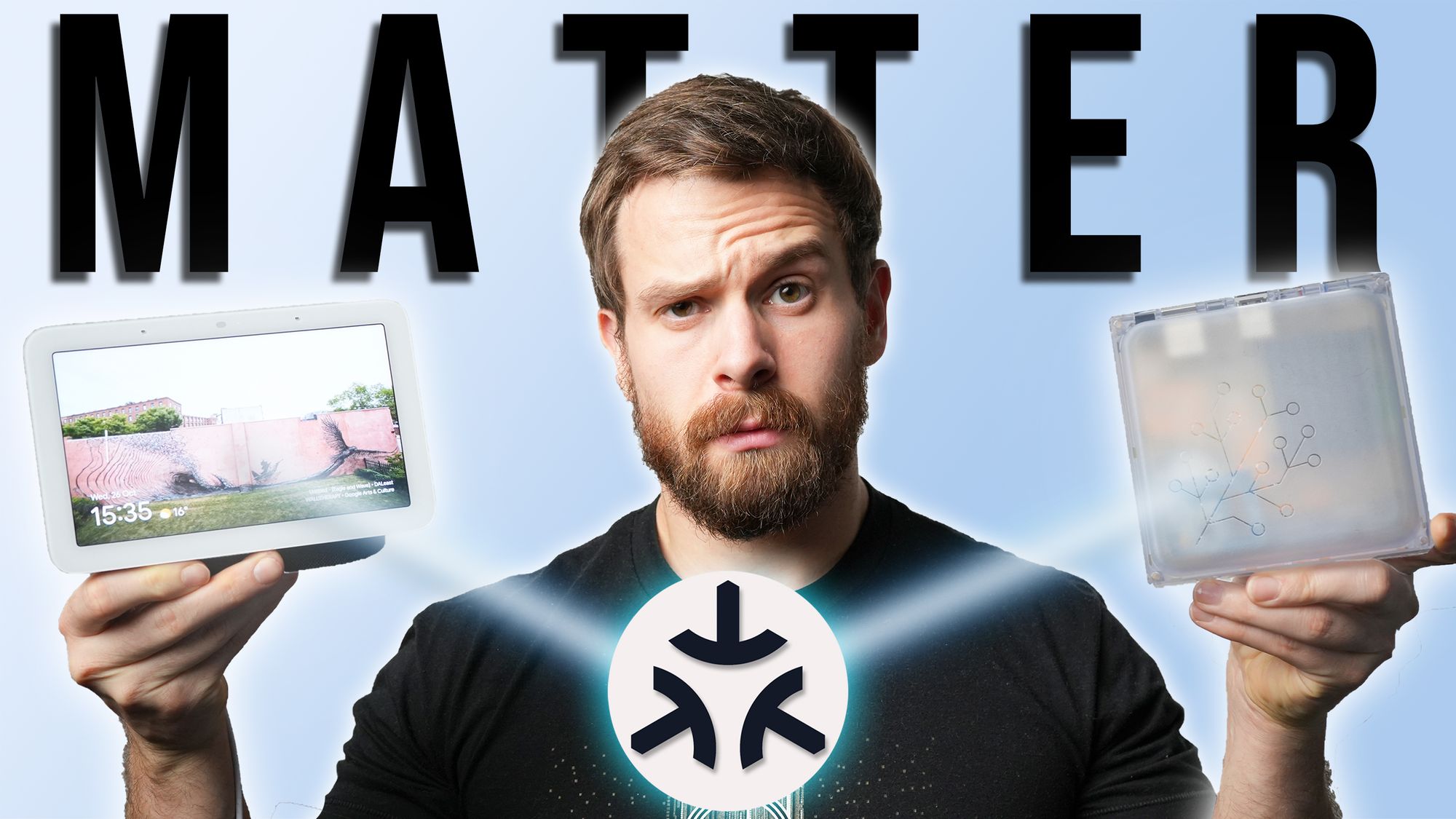
Matter 1.0 was finally released earlier this month after what seemed like a long stream of delays. But what does this mean for your smart home and is Matter the silver bullet we’ve been waiting for to finally solve all of our smart home problems? Does this mean you are going to be throwing all of your smart home devices in the bin? Well of course not, but there is a lot to talk about and consider...
Video
What Is Matter?

If you haven’t heard of Matter before, let’s do a quick rundown: Matter, previously known as Project Chip, is a new standard for the smart home intended to solve interoperability between smart home device manufacturers meaning that smart home users shouldn’t need to worry about “does this device work with that ecosystem”?
The CSA, or Connectivity Standards Alliance, is responsible for working on the Matter specification and is made up of over 500 companies, including (but not limited to) Amazon, Apple, Google, Philips Hue, Samsung and, of course, our friends over at Nabu Casa!

The Matter specification can be obtained by anyone through the CSA website and the Matter sdk is open-source.
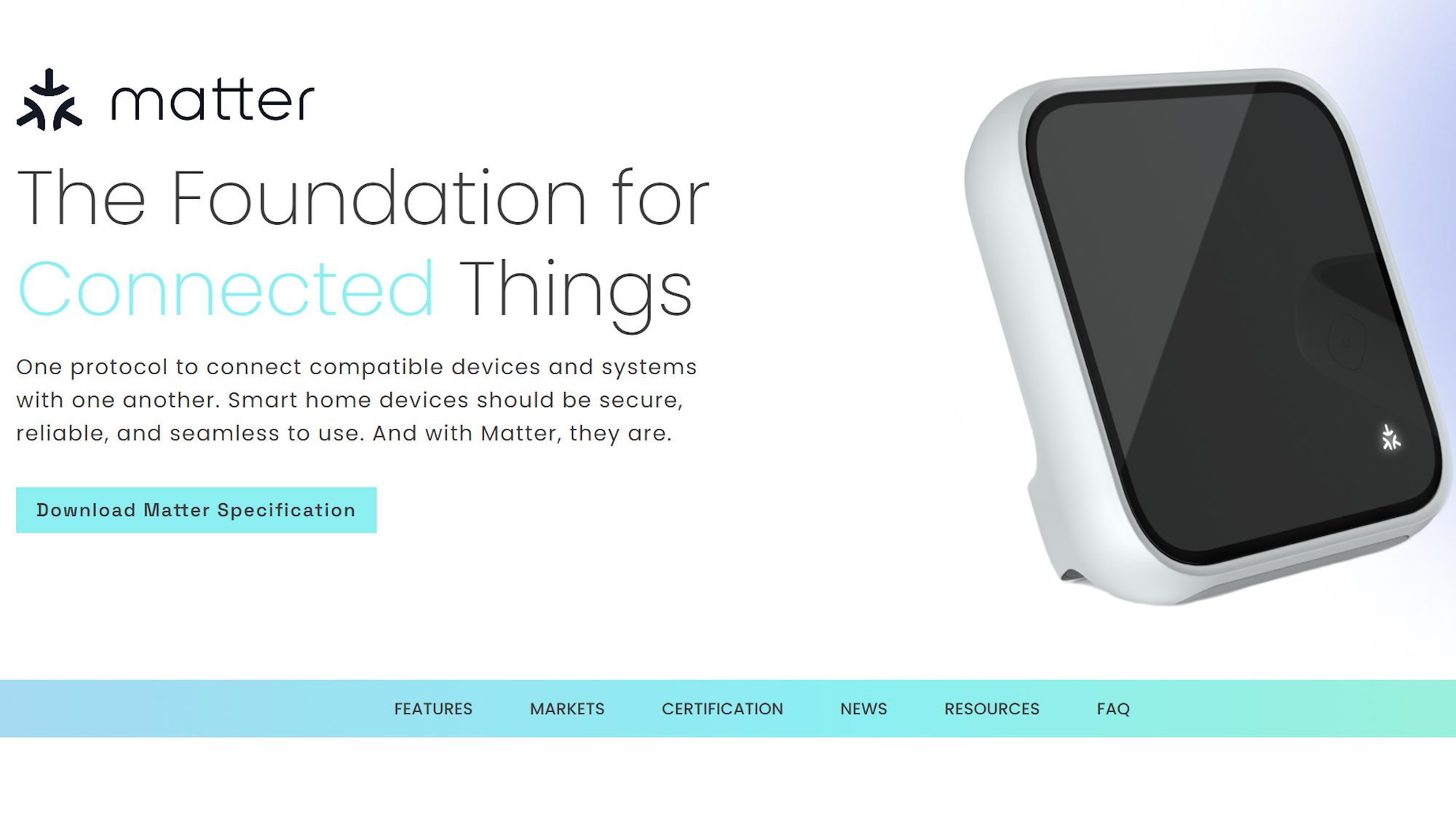
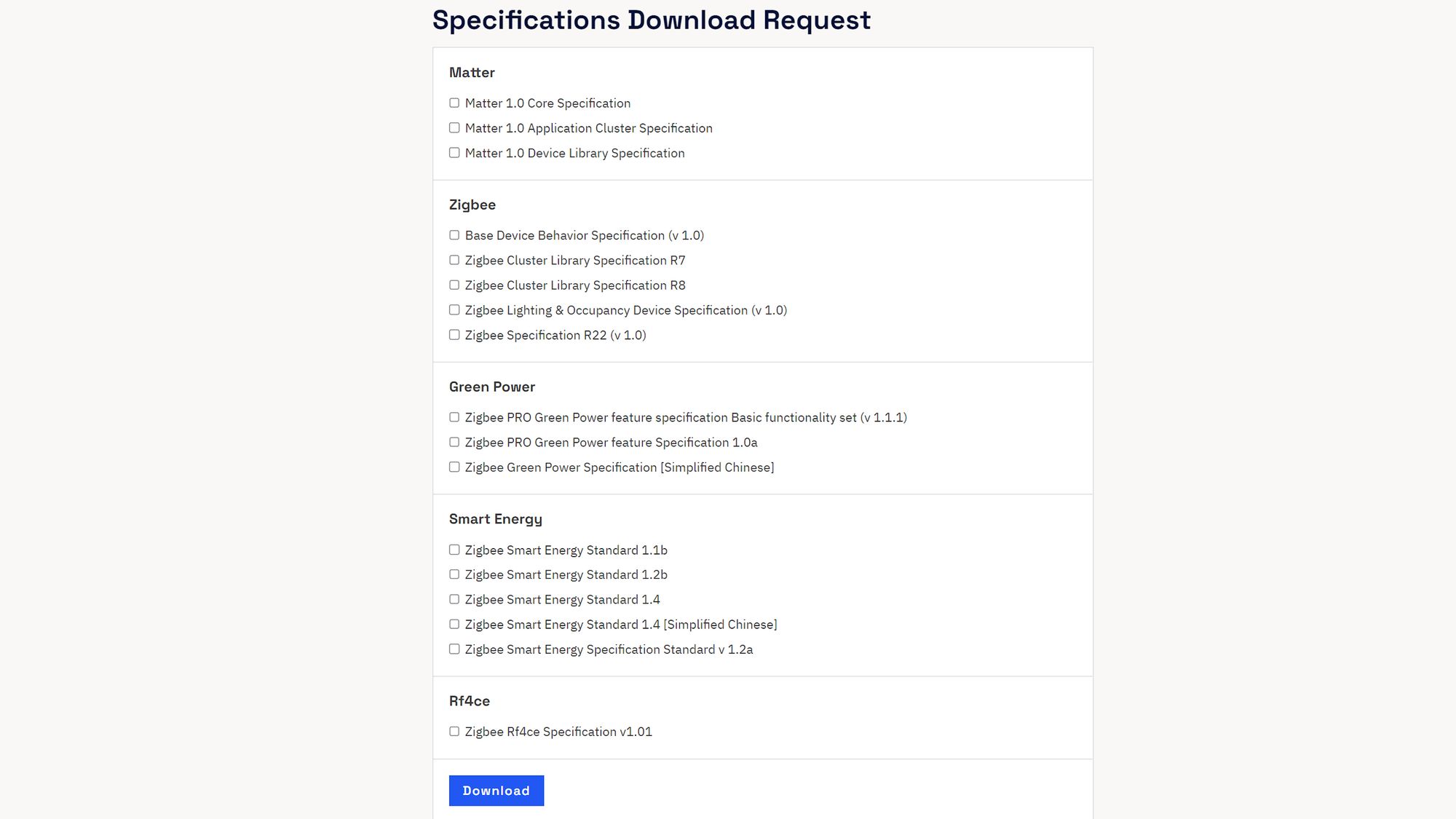
Unlike Zigbee, Z-Wave or Bluetooth which are protocols, however, Matter is a standard which you can think of as a set of strict set of rules and guidelines which Matter devices must follow. Matter currently runs on Wifi and Thread, along with Bluetooth for commissioning.
What Does Matter Bring To The Table?
If you have been into smart home devices for any length of time, you will know that there are two major problems that plague most platforms. Number one that devices from one vendor are unlikely to work with devices from another vendor, so say you have a smart bulb from Philips Hue and a motion sensor from Aqara, they don’t really work with each other natively and you have to use different apps to manage everything and it’s just a huge mess.
The other problem is the cloud - unless you know better and you have a bit more experience, it’s very easy to waste hundreds of pounds on devices that only work with the cloud, only to find them as useful as a brick if you ever find yourself without internet.
Matter aims to solve both of these major problems. Firstly, by having a specification that devices must follow in order to be certified so that, theoretically, a device, let's say like a thermostat made by Google Nest, should be able to be connected into the Amazon ecosystem or the Apple ecosystem or whichever ecosystem that you, as a customer, want to use because these devices have followed the standard and have been certified.
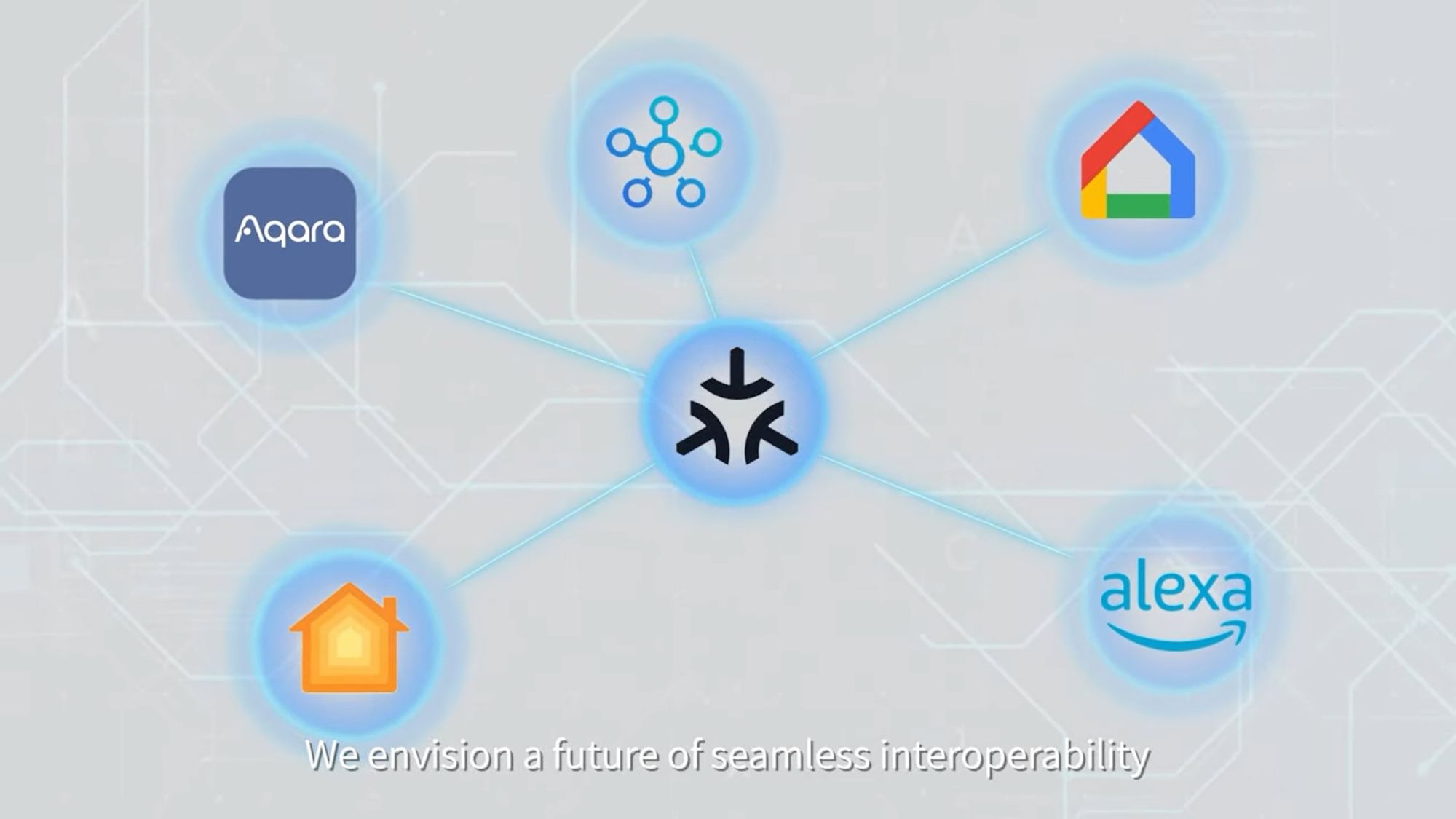
The thing I’m not entirely clear on just now is that just because devices from different manufacturers can talk to each other, how well will it actually work in practice? For example, let’s say you like to use Google Home as your main smart home application, I would find it hard to believe that Google, who also makes thermostats, will allow you to connect a thermostat from, say, Tado and say yep, you can have the exact same treatment, functionality and performance as our Nest thermostats because surely they are going to want to give themselves the upper hand with their own product? Perhaps that’s a little cynical of me, especially since we don’t currently know how it's all going to pan out yet, so it remains to be seen!
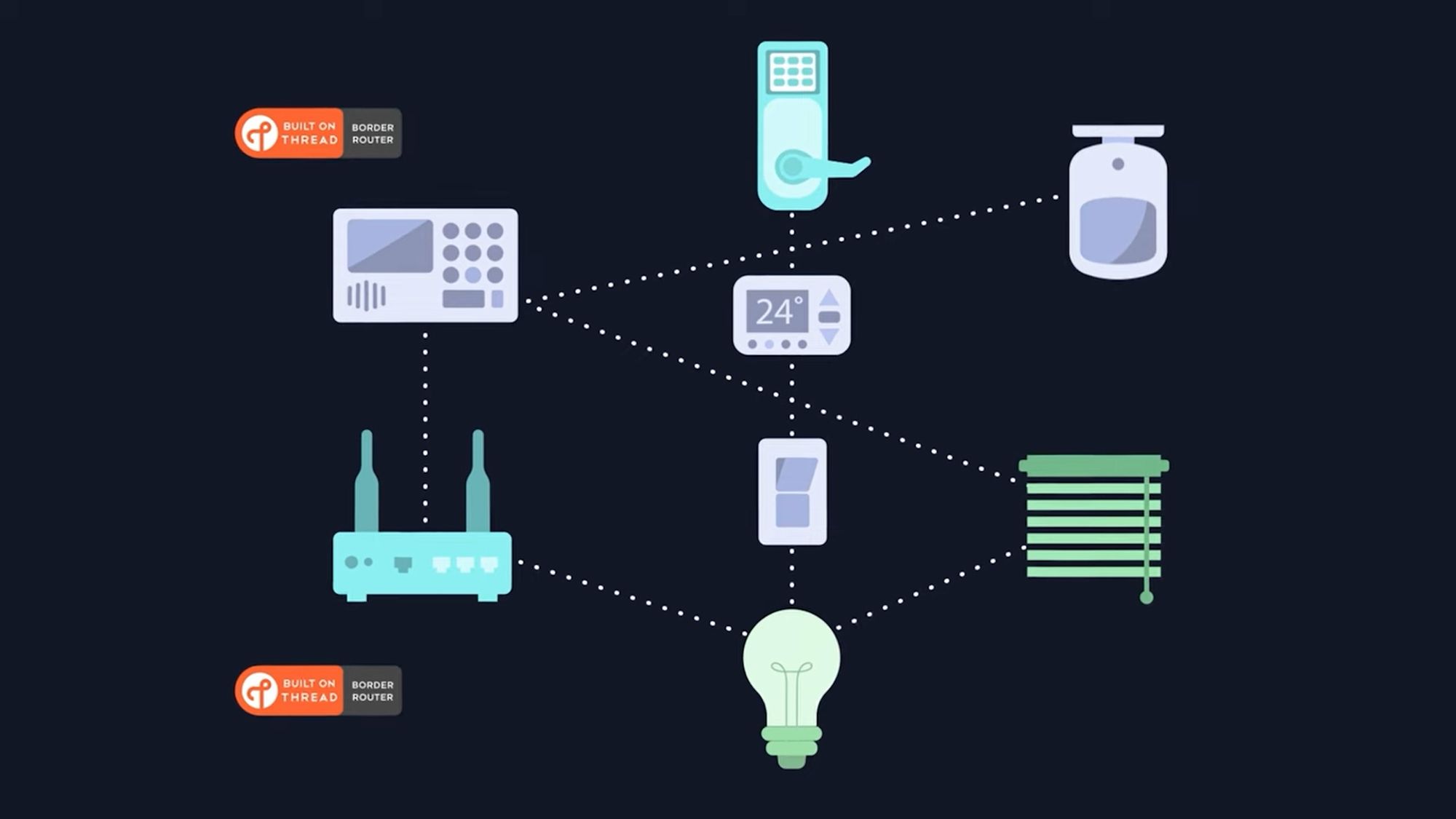
The cloud connectivity problem should, in theory, be resolved also. As I mentioned earlier, Matter is a standard that is going to be using Thread as it’s main protocol - I’ve done an entire video (but not article, sorry!) on Thread and how it works if you want to check that out for more detail, but you can think of Thread kind of like an upgrade to Zigbee.
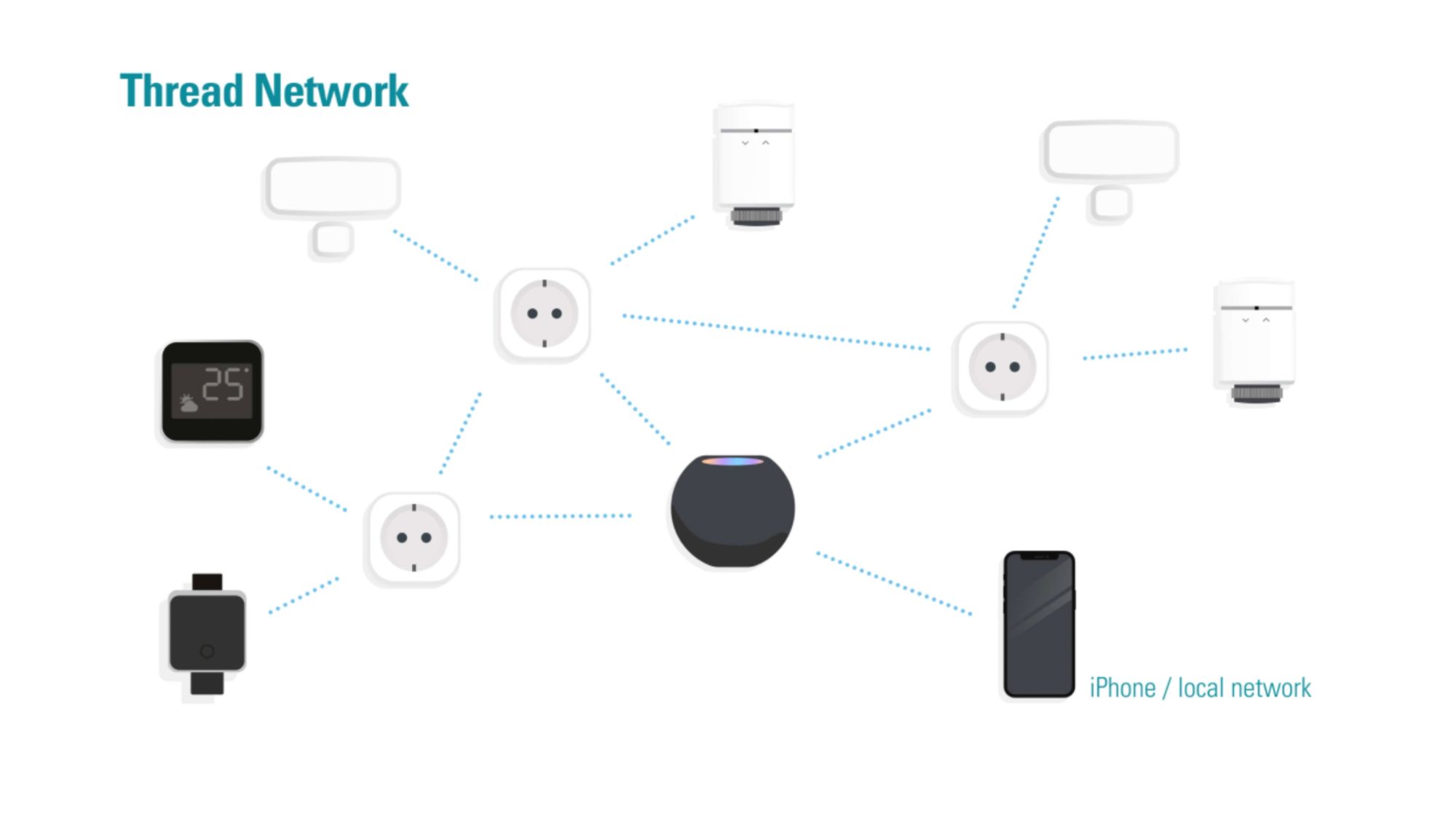
Thread is a local mesh style network that means devices can communicate directly with each other rather than via a cloud server - this has many advantages like still working when your internet goes off, speed, reliability and still continuing to work if the manufacturer of your device closes shop for good.
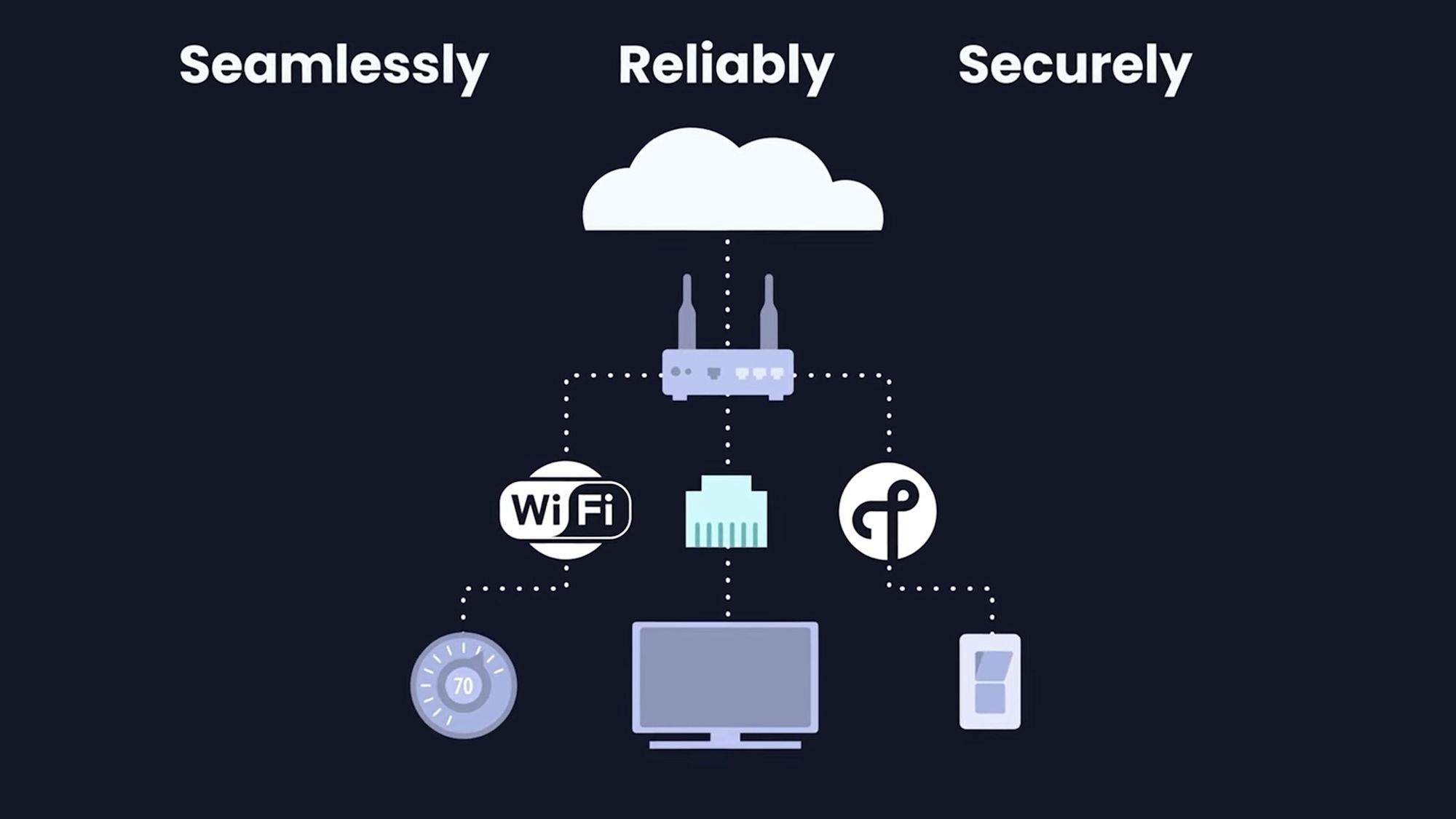
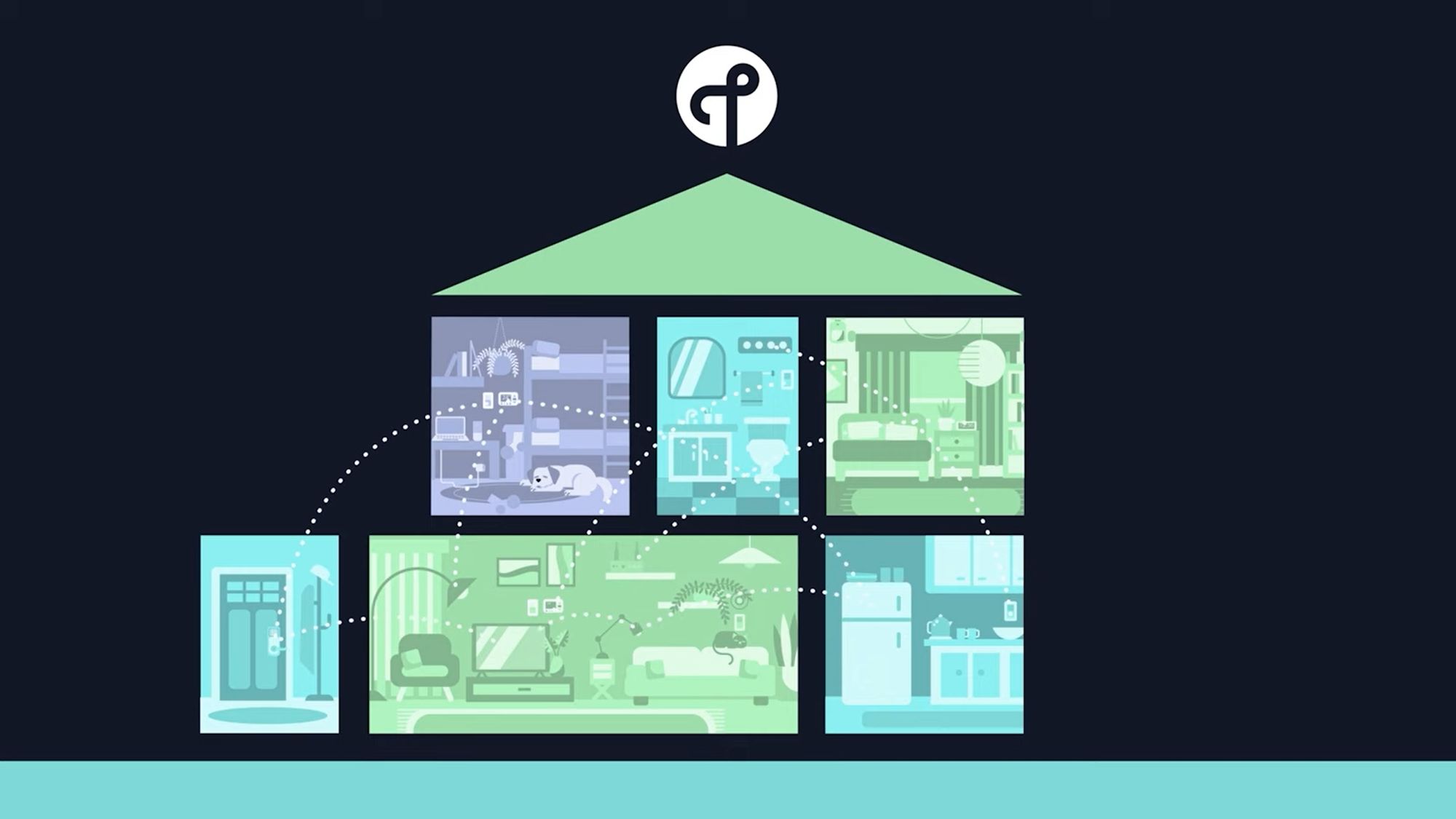
Once again, it remains to be seen how this will work in practice, as software imposed on the hub, border router or whatever you want to call it side of things could still require cloud connectivity but we will see how that pans out.
Matter Devices
It is worth mentioning that this is version 1.0 of Matter that has been released and the CSA are going to continue working on and developing Matter. With that being said, it's good to note that this release does add support for only a certain type of device - currently we have support for light bulbs/switches, smart plugs, smart locks, safety and security sensors, media devices, blinds and shades, garage door controllers, thermostats and HVAC controllers, so quite a decent number of the major stuff is supported, but not quite everything, no vacuums for example.
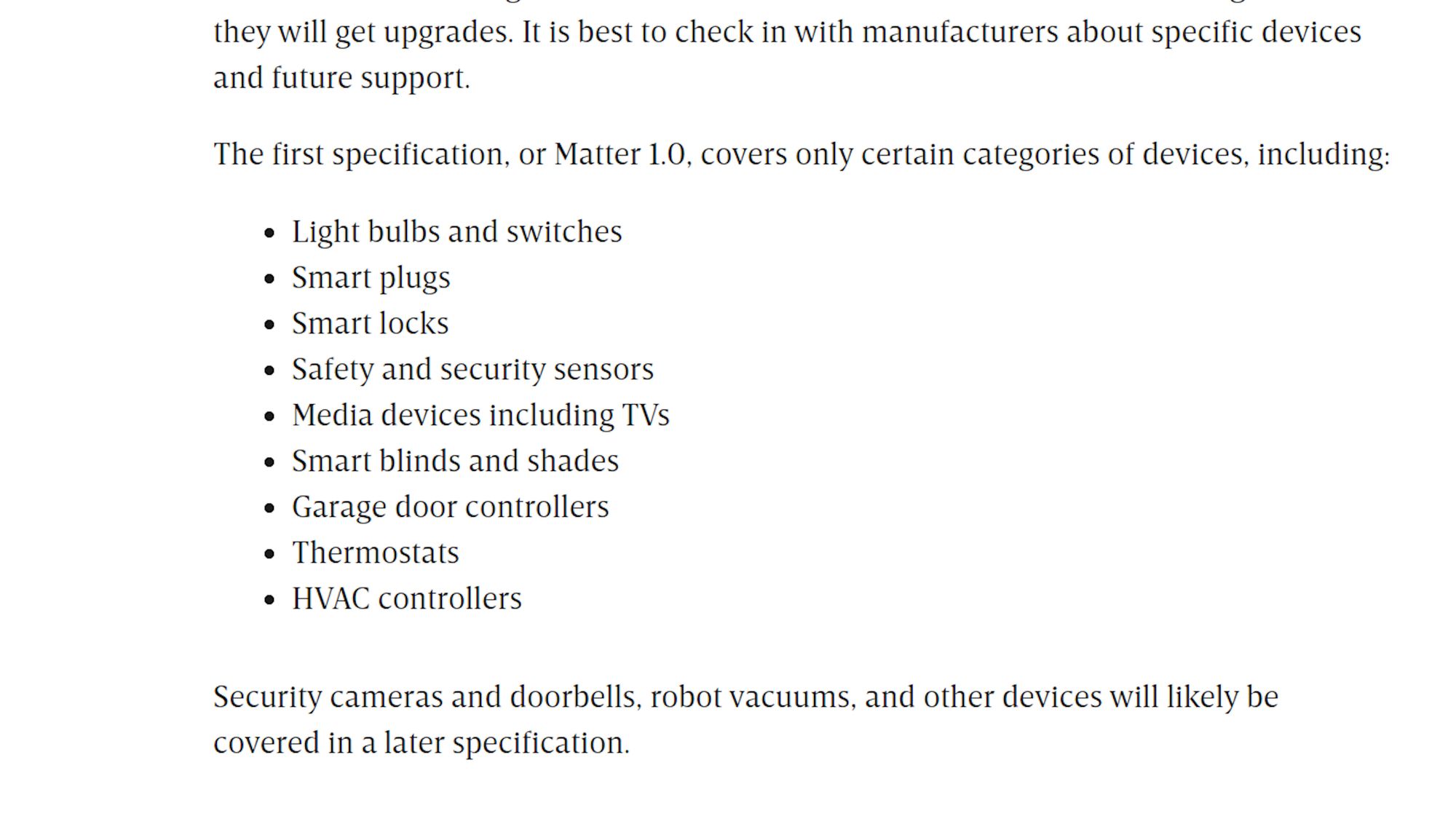
There are also virtually no Matter certified devices out there currently either and I imagine it’s going to take quite a while for a decent number of devices to come out. Now, I do believe it is possible for some devices to be upgraded from Zigbee or Thread to support Matter and some manufacturers have said that it is coming but I wouldn’t bank on it, especially if they can take the chance to sell you more hardware.
What Does This Mean For Different Smart Home Ecosystems?
Finally, what does this mean for you, the smart home user, if anything? If you are primarily a user of Google Home, Amazon, SmartThings or one of those other ecosystems, then this could be a pretty huge deal for you, if things play out the way it is promised.
You're getting much better device compatibility and moving closer to a single platform for all your devices; better speed, reliability and longevity without any cloud nonsense which should be a huge win for you - but that comes with a caveat which I will mention in a second.
If you are a HomeKit user then this is probably a little bit less of an upgrade for you because you’ve already had the benefits of local control for quite some time as part of the HomeKit specification. However, one advantage you do get is you are probably going to have access to a larger catalogue of smart home devices because HomeKit will now be able to use any Matter certified device.
However, if you are a Home Assistant user like myself then, as mentioned before, Nabu Casa are a member of the CSA, meaning they have access to the same specification and code as Google or Apple do for example, so there is certainly promise. They also did a live demo and workshop of Matter working in Home Assistant back in June, which up until that point - and probably still is really - the best demo we’d seen of Matter actually working.
They also have the Home Assistant Yellow which has a built in Zigbee and Thread radio, as well as the SkyConnect which will provide Thread access for anyone who wants to run it in Home Assistant. So, it seems pretty clear to me that Home Assistant is going to have some top tier Matter support in the coming weeks and months.
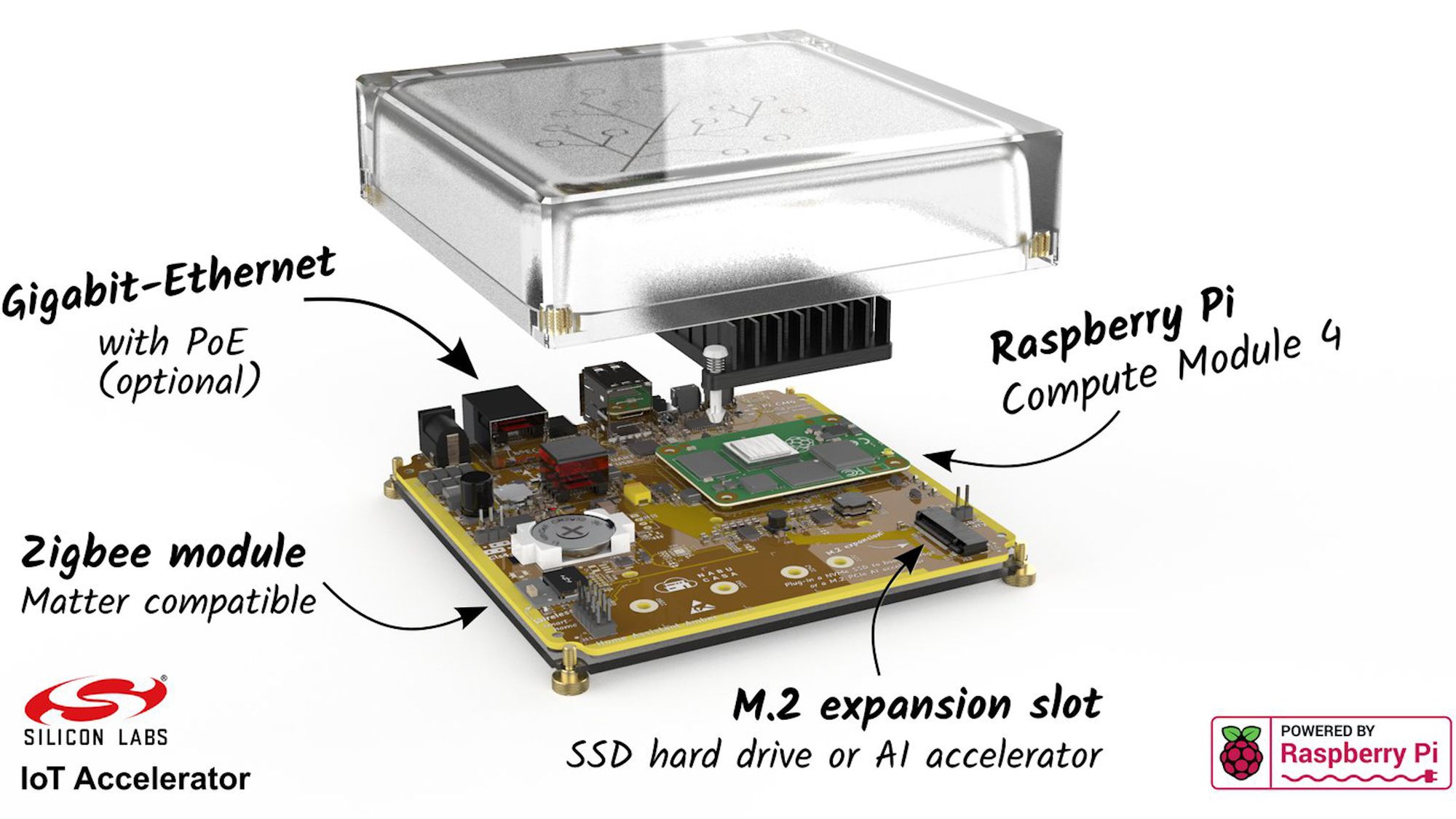
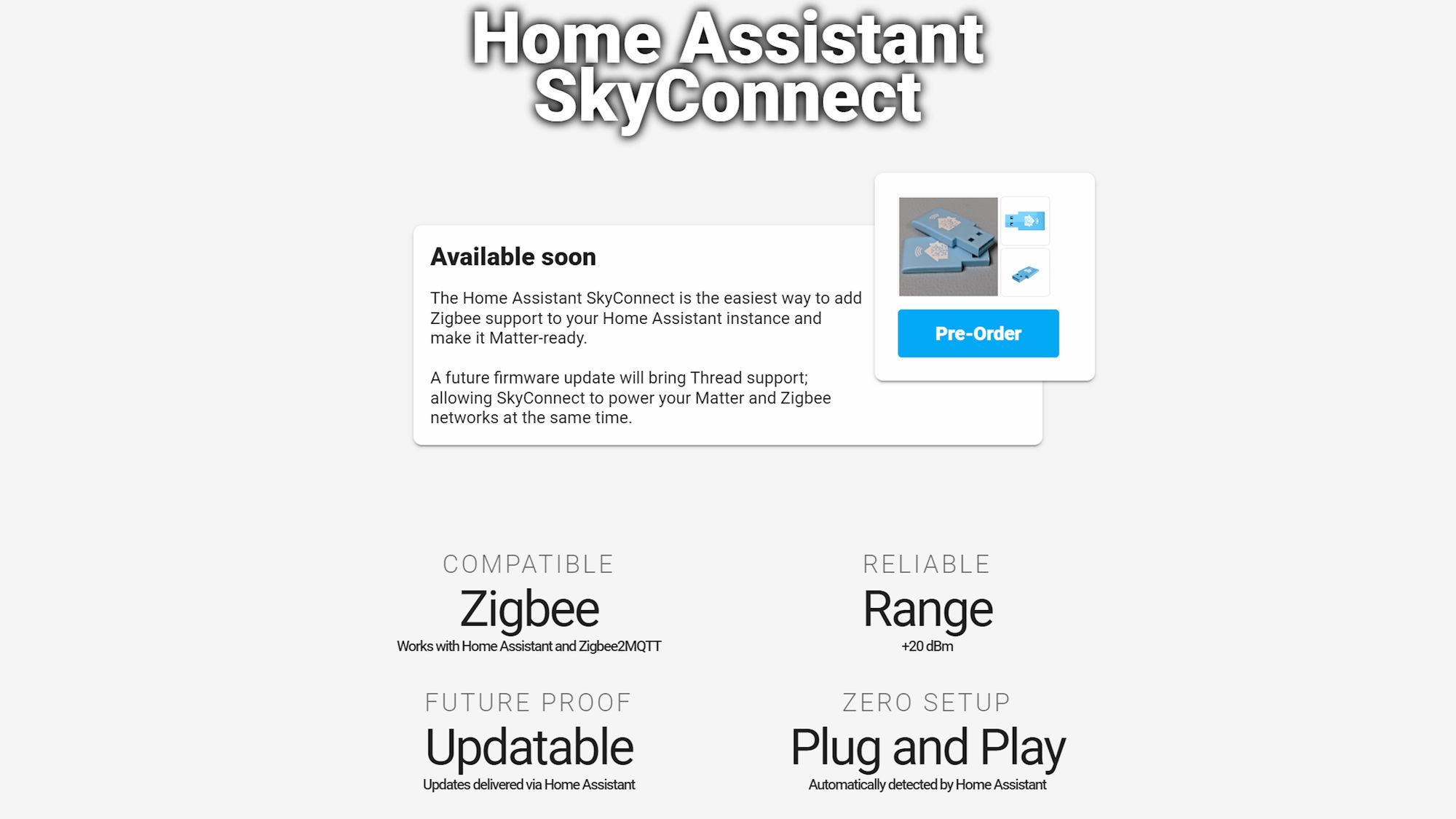
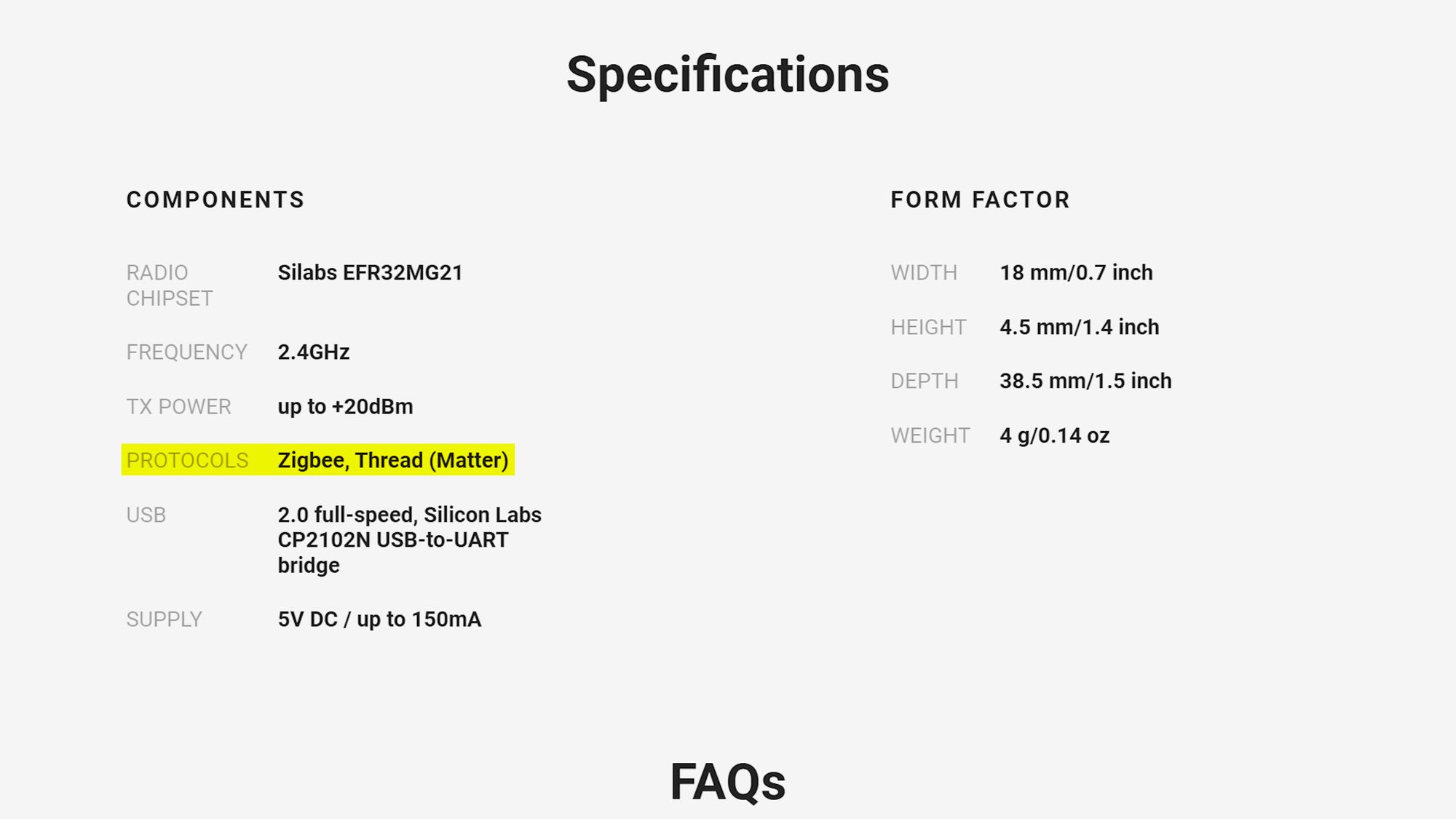
With that being said, the promise of Matter is it’s interoperability and local control, something which us Home Assistant users have been relishing in for literally years at this point, so Matter probably isn’t going to be that big a deal for us. Especially since we’ve already had access to local controlled devices, speed and reliability and we’ve also been able to unify all of our devices under one app better than any other ecosystem by far (in my opinion). Especially since I would argue that Home Assistant users tend to be a bit more cautious of cloud devices in the first place.
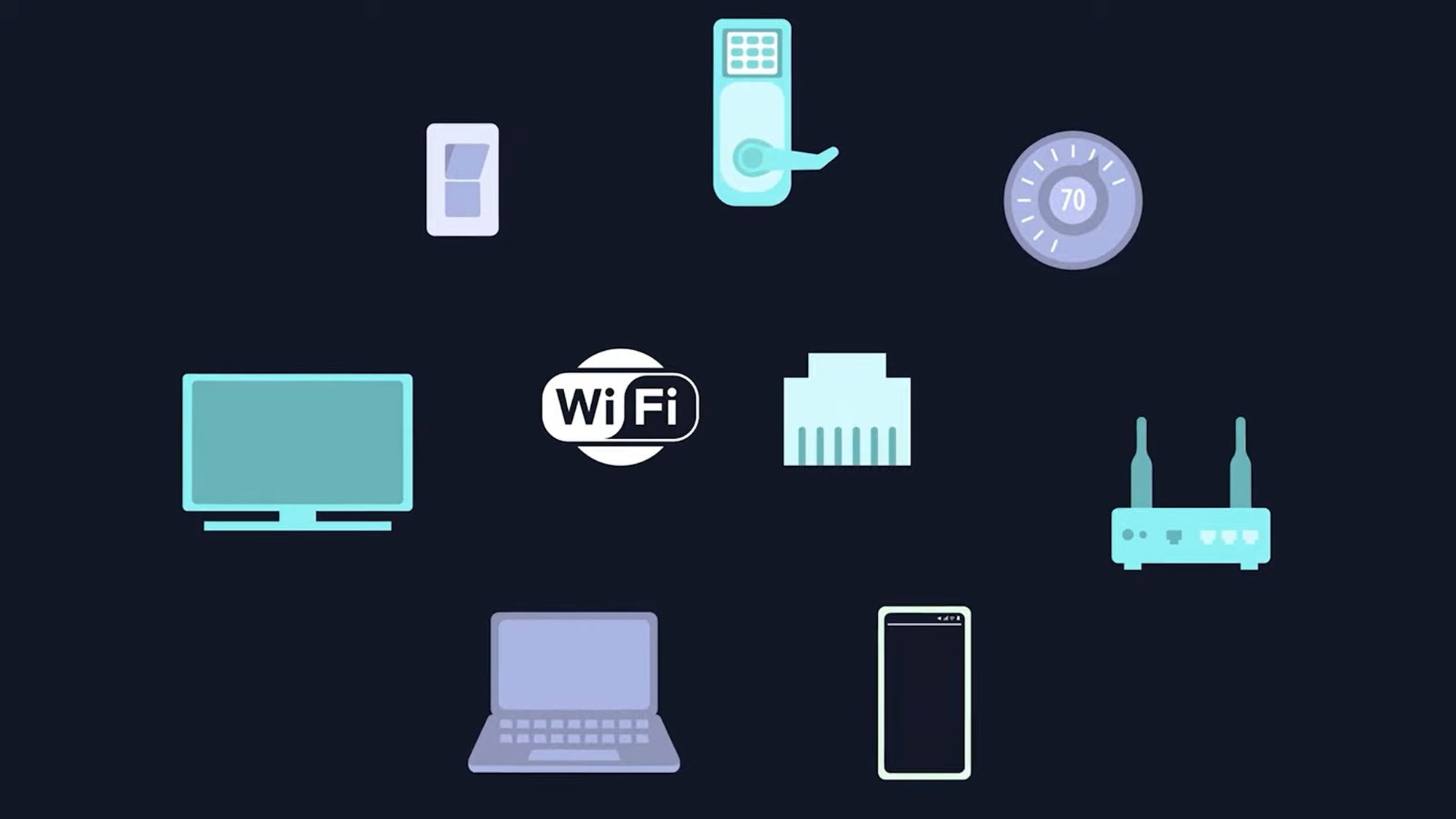
Regardless of which ecosystem camp you fall into, does this mean you should throw all of your current smart home devices in the bin and buy all Matter devices? No, of course not - ignoring the fact there are pretty much zero Matter devices out there right now, I would still encourage some caution before jumping onto the Matter hype train, particularly as we’ve been burnt with promises in the past.
My advice would be to wait and see how these devices work - do they talk to each other fully without compromises, do they continue working without internet access, are they everything they were promised to be? The only way to make companies change their ways is to vote with your wallet, and the last thing we want is to be having this exact same conversation in another 5 years time when the next smart home standard is released.

Overall
What is your opinion on Matter as a whole? I know this topic divides a lot of people right now, so are you Team Matter or Team It Doesn’t Matter? Sorry you didn’t think I wasn’t going to make that joke at least once, did you? I hope you found this informative and useful and...
Until next time...